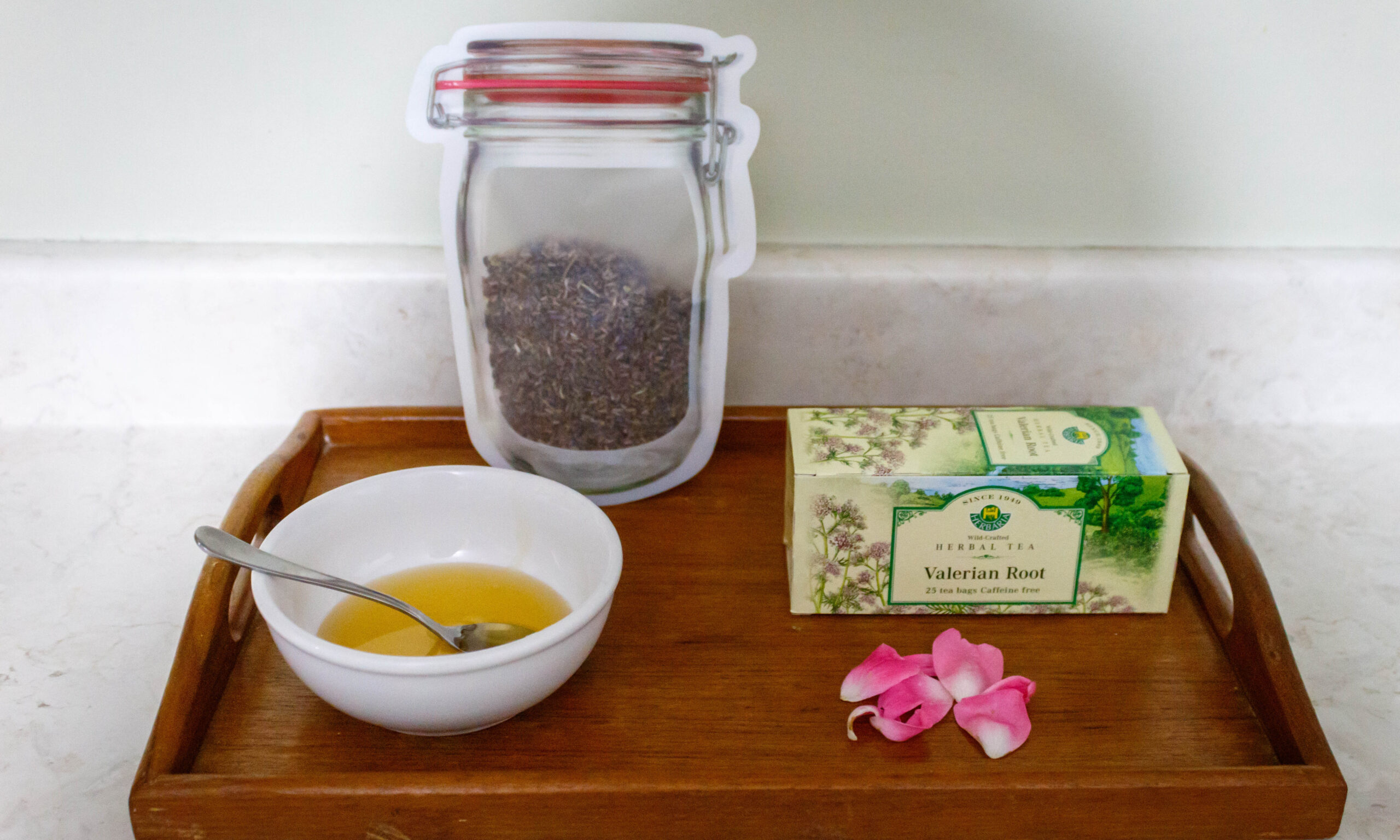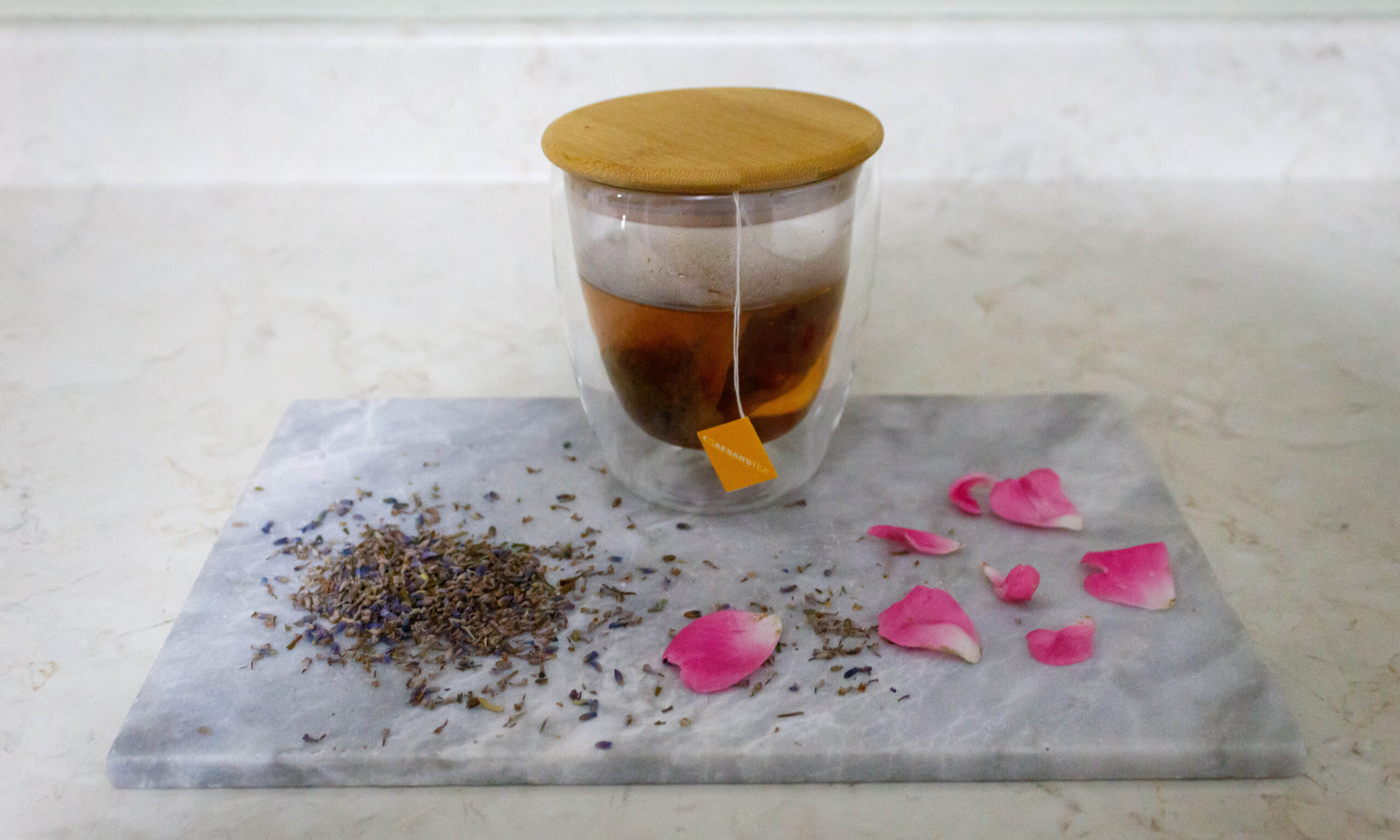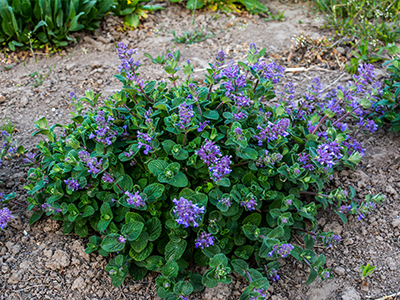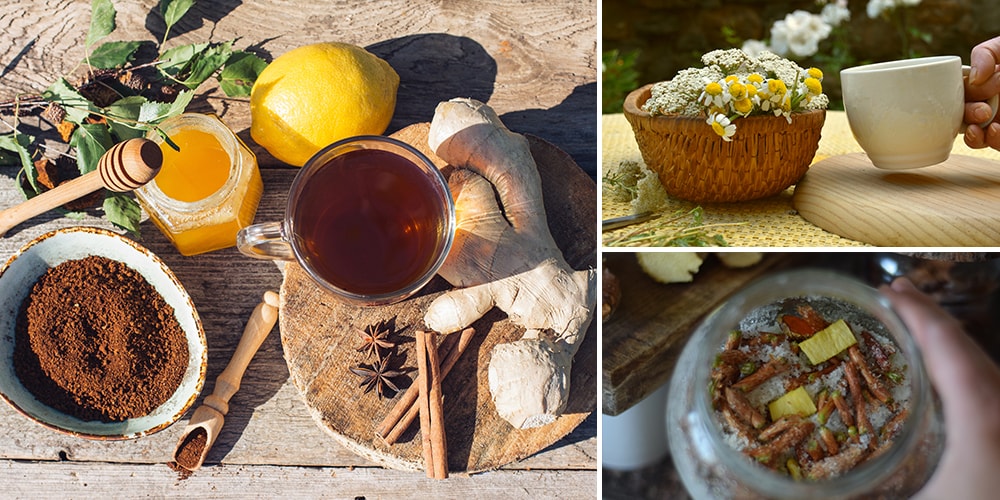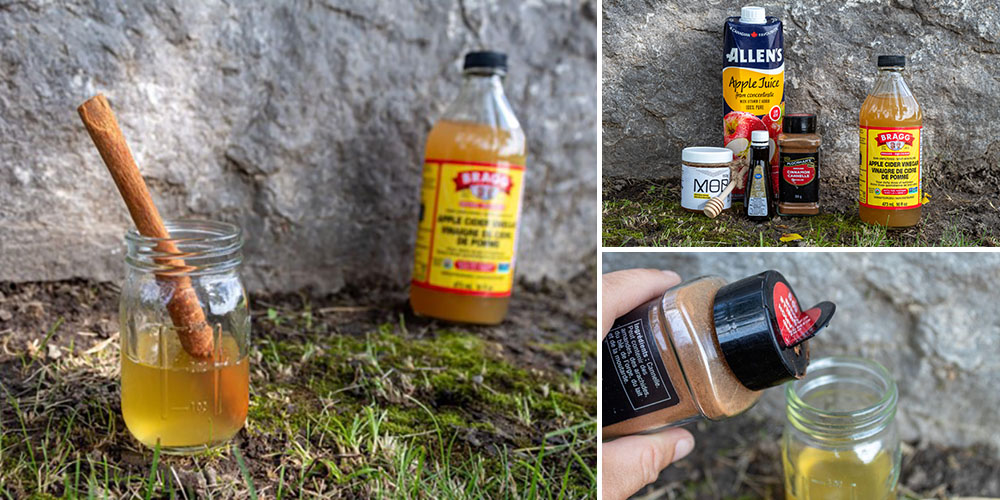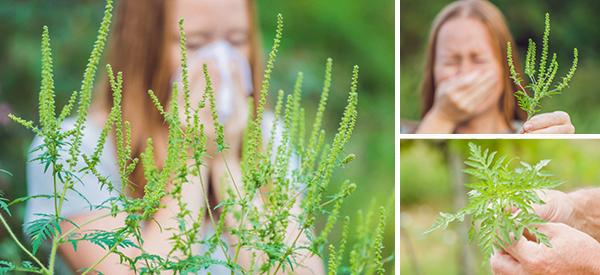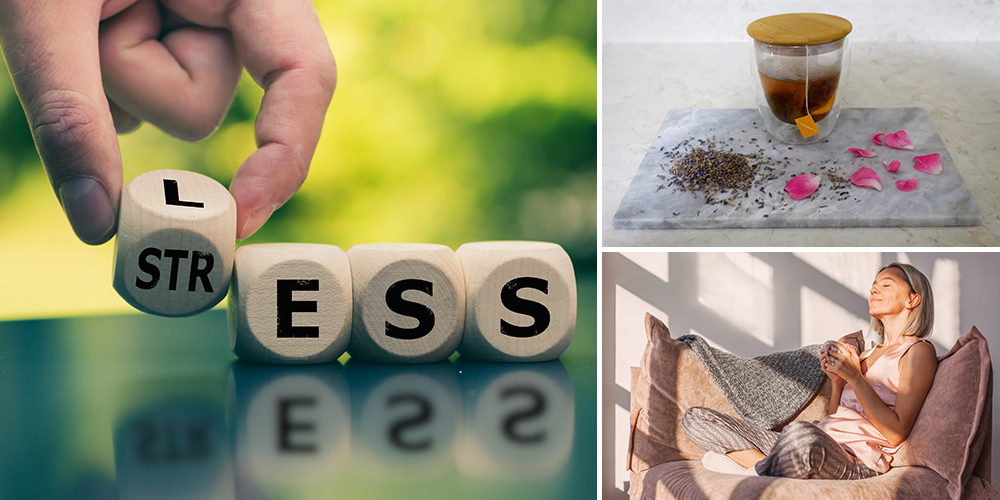
Signs Your Stress Level is Dangerously High (And How To Fix It)
Stress… Everyone experiences it. Some people experience it at a young age, preparing for their first day of school. Others might not experience it until they’re planning a big day, such as a wedding or presenting a business proposal to investors. Do you remember your first time experiencing stress? Maybe you felt stressed for no apparent reason, or maybe you’re stressed right now without knowing.
There are many symptoms of stress, some are visible while some are not visible, and most symptoms coincide with other, more severe, emotional states. It’s important to know what stress is, how it differs from other conditions, and how it affects you immediately and over time.
The feeling of being stressed is a feeling no one enjoys. And just like the feeling, stress can cause many unenjoyable health problems when conditions of stress are prolonged or recurrent. When you begin to recognize the signs of stress in your life, you’ll be able to manage it effectively and recover with natural recipes like the one below.
The Difference Between Stress, Anxiety and Depression
There’s an overlapping similarity between stress, anxiety, and depression. Though the words are used interchangeably by some people, they are separate mental and physical states. Each state is similar in the sense that they cause similar bodily reactions and consequences. However, the reason for each state occurring and the frequency of each state can differ from one another; this is what decides the severity.
Anxiety is an emotional state in overdrive, usually resulting in unease, elevated heart rate and sometimes heart palpitations, stomach knots or butterflies, and sometimes vomiting, and an overwhelming feeling of worry or panic.
This feeling usually occurs when a threatful encounter or a moment of dread is anticipated. As a disorder, anxiety results from underlying mental health conditions and can stem from genetics, personality traits, trauma, or illness. When left unmanaged, it can be debilitating, it can cause physical and emotional impairment, and it can cause unwanted repercussions in life.
Depression is a noticeable loss of interest, attention and emotion with a persistent feeling of sadness. Depression is a concerning mental state that is often recurrent and long-lasting. After extensive research, scientists have noticed a pattern within the brain of those who experience depression.
While an individual is depressed, researchers have noticed a clear circuit of information from the hippocampus (memory and concentration) to the prefrontal cortex and anterior cingulate cortex (attention, conflict detection, and motivation). In depression, these areas in the brain are all less active and reduce in size, possibly contributing to the feelings experienced.
Stress is an unpleasant reaction typically caused by external factors and is the precursor to developing anxiety and depression. This reaction is temporary and is controlled by the same system that controls our ‘fight or flight’ response. Our stress response is triggered by many things, and it differs per individual.
For example, shopping for the holidays might stress someone out, while others might enjoy the rush. When we are constantly exposed to stress, this system becomes overused and dysregulated. The accumulated wear and tear of this system can negatively affect our brain and every other part of our body if the stressors aren’t moderated.
About 1 in 5 people experience stress, depression or anxiety to a point where they need medical intervention. Sadly, there is a high rate of morbidity and mortality due to these clinical mental states, and a high percentage of those results are reproductive-aged women. These stats are much greater than any other illness. Avoiding stressors and noticing the signs will help you keep stress down.
⚠️ You Might Think It’s “Just Stress”… But Your Brain Thinks Otherwise
Chronic stress isn’t just “in your head.” It chips away at your nervous system, one reaction at a time, shrinking memory centers, wrecking your mood, disrupting your gut, inflaming your joints, and sabotaging your immune system.
Over time, that heavy feeling you carry? It rewires your brain, shortens your attention span… and raises your blood pressure. And yes… it even accelerates aging by damaging the exact neurons that keep your memory sharp and emotions stable.
Most people ignore the early signs, until they can’t anymore. That’s why Dr. Nicole Apelian put together a step-by-step Anti-Stress and Depression Protocol inside her Holistic Guide to Wellness.
You’ll discover:
- The surprising foods that spike cortisol and anxiety without you knowing
- Daily rituals that reverse emotional burnout and inflammation
- Herbal combinations that mimic anti-anxiety meds, but naturally
- And the #1 vegetable that actually shortens your brain’s lifespan if eaten regularly
There’s a protocol for everything, Anxiety, Stress, Depression, Brain Fog, and even Adrenal Fatigue, and each one comes with exact daily actions to follow morning, noon, and night.
Your brain, your body, and your future self will thank you.
Mental Signs of Stress
When you’re stressed out, there will be signs in your mental and emotional behaviors. One of the first mental signs of stress is an expression of irritability, anger, or crying.
After an emotional “outburst,” there might be a drop in energy, causing mental exhaustion and eventually leading to burnout; a mental block keeping you from moving forward. Other signs include forgetting things you wouldn’t normally forget, not being able to focus on tasks and being unable to collect your scattered thoughts.
Physical Signs of Stress
Along with the mental signs, there will be physical signs that show. In the early stages, fidgeting and eye twitching might occur. Other noticeable signs will be pale skin and skin breakouts or rashes.
When stress is prolonged, muscles might begin to feel weak and high blood pressure might set in. Long periods of high stress lead to a weakened immune system, which can show through grey hair or hair loss and alopecia. This can lead to getting sick often and eventually to more serious illnesses and diseases.
Let’s Be Honest… Stress Isn’t Just in Your Head — It Shows Up in Your Hairbrush
If you’ve ever stared at a clump of hair in your hands after brushing…
>If you’ve seen strands circling the drain or sticking to your fingers in the shower…
>If your part is getting wider, your ponytail thinner, or your scalp is starting to show through in photos…
That’s not “just stress.” That’s your roots giving up, one by one.
Stress is the #1 cause of hair loss in both women and men. And when your strands fall out with the root attached… they don’t grow back on their own.
But there’s a way to stop the loss, and even reactivate dormant follicles, before it’s too late.
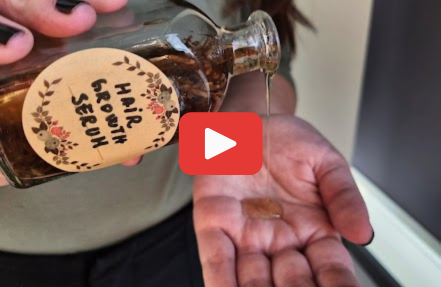 This isn’t some chemical-loaded bottle full of promises. It’s a rich, herbal serum infused with the plants your scalp actually craves: rosemary, lavender, nettle, and a few secret ingredients that make your follicles fight back.
This isn’t some chemical-loaded bottle full of promises. It’s a rich, herbal serum infused with the plants your scalp actually craves: rosemary, lavender, nettle, and a few secret ingredients that make your follicles fight back.
💧 Just a few drops, massaged into your scalp, and you’re not just soothing stress, you’re rebuilding the foundation of healthy, thick, fuller hair.
👉 Click here to try the Hair Growth Serum before the damage becomes permanent.
How to De-Stress
Since stress often hinges on external factors, the best thing you can do for yourself is limit the number of stressors in your life and refrain from keeping a busy schedule. If you start to notice any signs of stress, it’s best to take it easy for a few days and cut back on the amount of daily tasks and activities you are doing (whether you like it or not). Taking time to de-stress now will save you from having to take time to heal yourself later.
Implement routines that make you happy, like playing your favorite sport or activity once a week, or having a bubble bath with a face mask every few days. For even better guaranteed relaxation that is medically approved, you can visit a spa once or twice a month, get a full body massage often, and drink lots of water.
You can light candles, take bubble baths, even step away from work for a few days… but if your nervous system is stuck in overdrive, you’re not unwinding — you’re just delaying the crash. True stress recovery takes more than rest. You need the tools to calm your brain on command, lower cortisol fast, and rewire the triggers that keep your body on edge.
- There’s a breathing pattern that drops stress hormones in under two minutes.
- There’s a nerve you can stimulate with nothing but your fingers.
- There’s a forgotten herb that mimics your brain’s natural calming compound, without the grogginess of pills.
And the best part? You’ll find all of them mapped out for you step-by-step in the same book I mentioned above. It doesn’t just help you spot the damage stress is already doing… it gives you the exact tools to reverse it.
If there’s one book you keep on your shelf this year — let it be this one. It’s not optional. It’s survival.
👉 [Click here to get the full list and see what you’ve been missing]
The recipe below uses two of the most notable herbs for stress reduction: valerian and lavender. Adding honey as a sweetener adds an additional calming effect. Valerian has been used for thousands of years because of its sedative properties and is the most common herb used for a medical sedative.
The active medicinal compounds in valerian are valepotriates and sesquiterpenes, specifically valeranal, which give it the sedative and relaxation properties. Lavender is another popular herb used to relax stress and calm the nerves.
The essential oils and aroma of lavender and rose petals have medicinal properties that soothe the nervous system and calm our senses. All of these plants can be easily grown in your garden.
Don’t drink this at the beginning of your day or if you have plans to leave the house, it may cause you to get so relaxed that you fall asleep. So get comfy and prepare yourself a valerian lavender tea with rose petals.
To make this tea, you will need a tray lined with parchment or a mesh screen, a bowl, a tablespoon, a mug, and a tea sachet. Be warned, the smell of valerian is akin to a cheesy belly button, but it doesn’t taste that way. This tea is delicious with a touch of honey.
Valerian Lavender Tea with Rose Petals
Ingredients:
- 1 tablespoon of Valerian Root Powder
- 1 tablespoon of Lavender Flower
- 1 tablespoon of Rose Petals
- 1 teaspoon of Honey
- 1 cup of Hot Water

Instructions:
- Dry your fresh plant ingredients either directly in the sun or in a convection toaster oven
- In a bowl, add the valerian, lavender, and rose petals and stir together, blending evenly
- Add one tablespoon of the tea blend to a sachet
- Add the sachet to a tea mug and pour the hot water over it, let it steep for 6 minutes
- Stir in the honey to taste, get comfy and enjoy!

However, if you don’t have the time, the tools, or access to rare, high-quality herbs, this tincture is the easier and more potent option. It’s crafted by one of America’s top herbalists using wild-harvested and organically grown plants, not only valerian and lavender, but even harder-to-find botanicals like Ashwagandha, Reishi, Lion’s Mane, and Lemon Balm, all dual-extracted for maximum impact.
But here’s the truth: you don’t need a diagnosis to feel overwhelmed. Stress creeps into everyone’s life, whether you’re juggling deadlines, waking up anxious for no reason, or simply feeling “off.”
This tincture is the antidote to modern life. Add it to your tea, water, or take it straight. It relaxes you,without making you drowsy or dull. It doesn’t numb you… it resets you.


